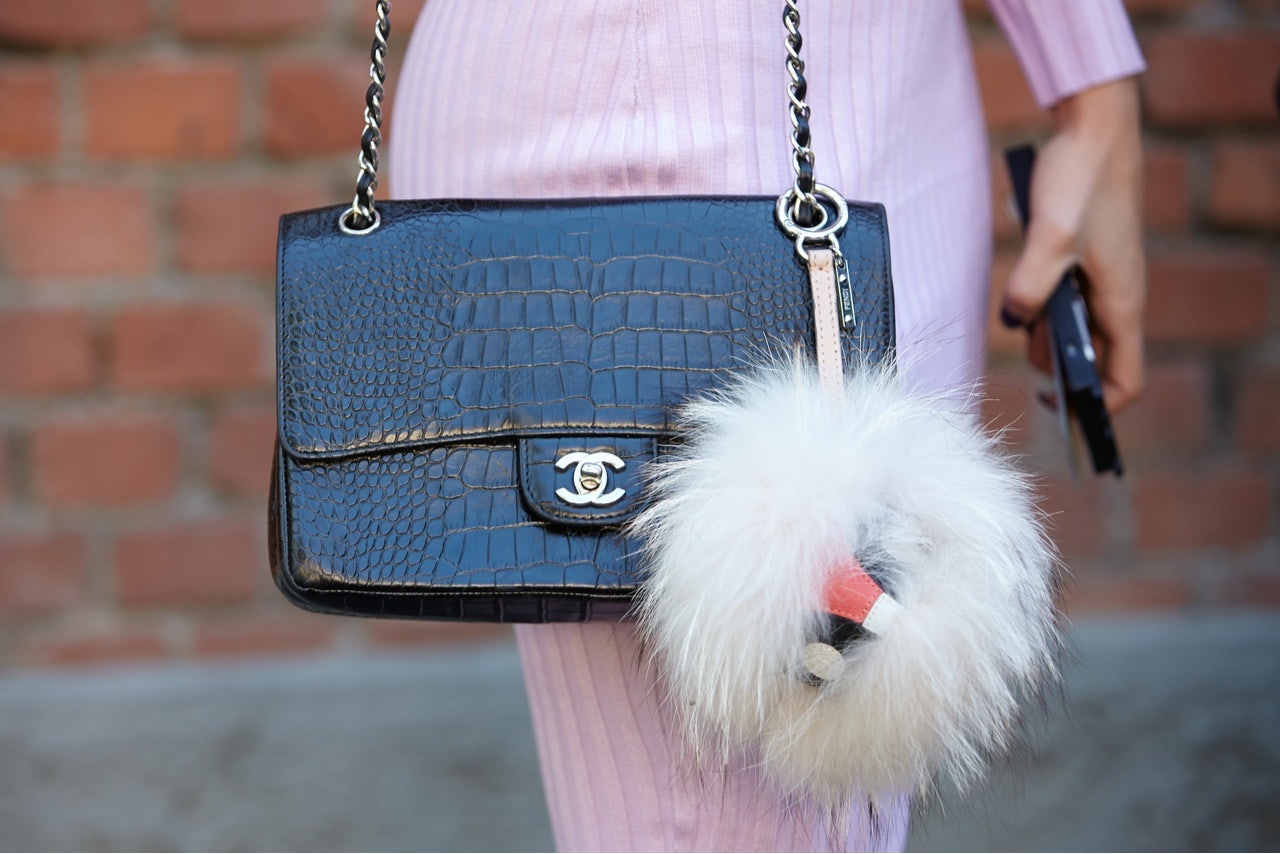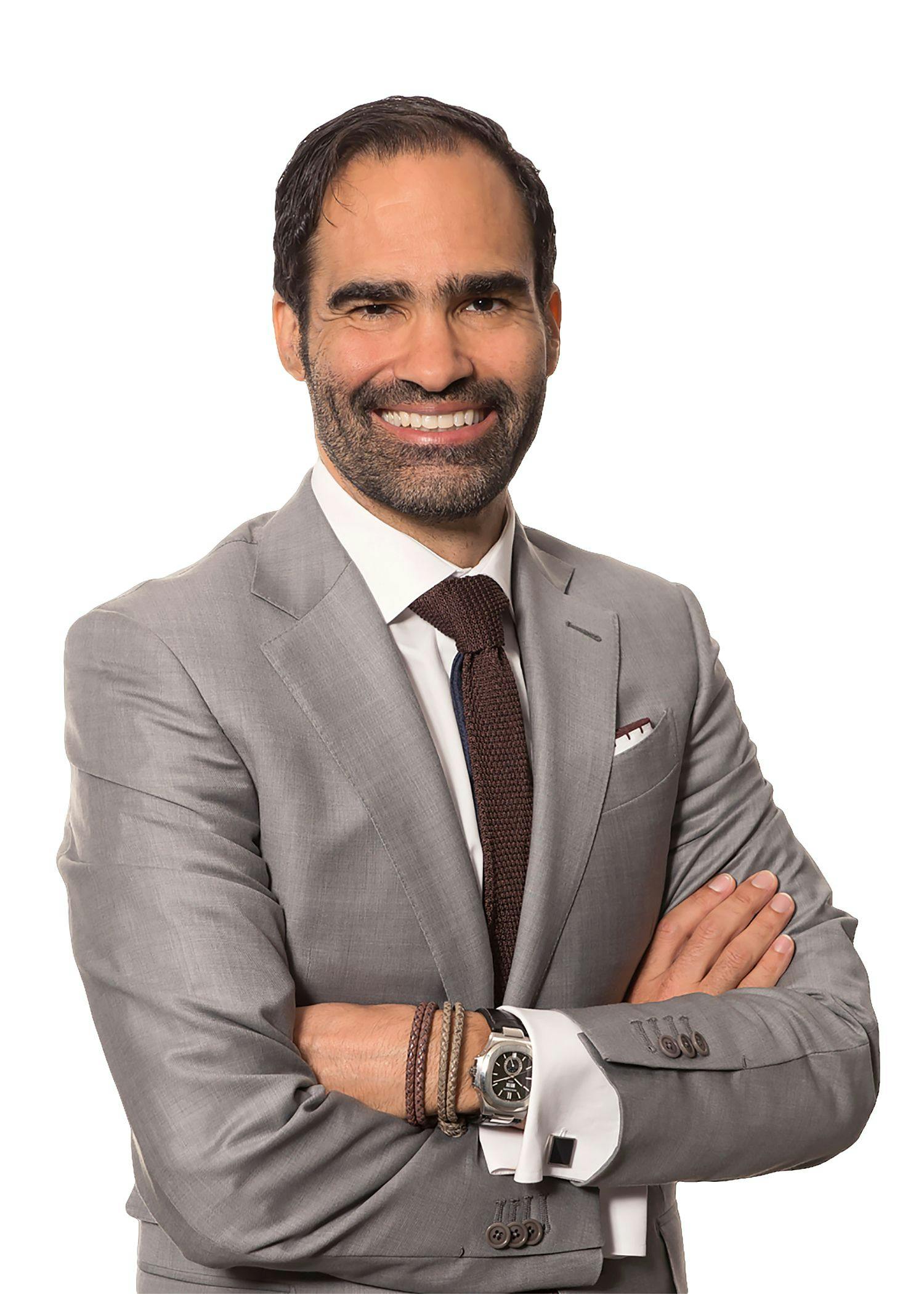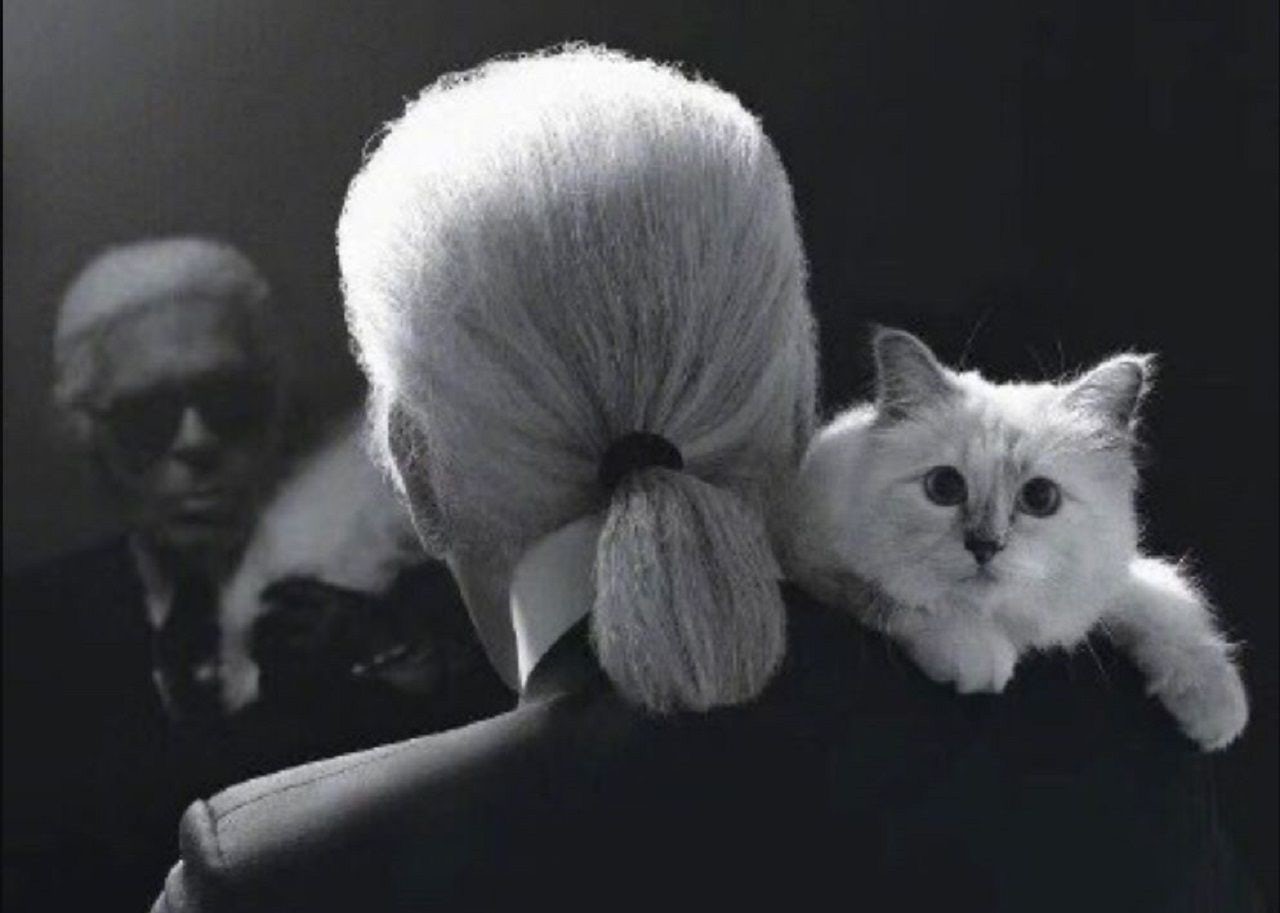With the passing of Karl Lagerfeld, not only an era ends, but also the brands he led for decades must not forget his legacy. I knew Karl personally, and what impressed me was his deep understanding of the brands he led.
Often fashion designers overshadow their brands, especially when the designers are larger than life, like Lagerfeld was. In the extreme, it is more about the designer than the brand. In this aspect Lagerfeld was different. While his creative genius was always visible, be it at Chloé, Fendi or Chanel, the equity of the brands always came first. To me, one of his greatest strengths was maintaining the integrity of his brands, while continuously developing them further.
In my luxury management books, seminars and keynotes, I always highlight how important one aspect of managing luxury brands is: creating unique experiences. It is the ultimate art. Sometimes I go as far as defining luxury as the ability of perpetual dream creation, because a unique, once-in-a-lifetime experience is what luxury consumers seek when they decide on a brand.
The dilemma, then, is how to create dreams — these unique experiences — again and again? What many luxury brands do is to compromise brand equity with creative executions that are developed to provoke, to excite, to inspire. But when this goes too far, at the expense of brand equity and to the promotion of the designer’s fame, then brands endanger their long-term appeal.
To me, Karl Lagerfeld had the unique ability to do both: to respect the brand while creating new and exciting executions continually. He surprised his customers at Chanel with radically contemporary collections, unique and often groundbreaking, while always being true to the core of Chanel, reinterpreting the legacy of Coco Chanel. At Fendi, he introduced playfulness and wit into his collections and creations while carefully maintaining the core of the brand with its deep roots in Italian timelessness.
Most importantly, Lagerfeld always managed to stay ahead of time. He was one of the first to capitalize on social media with his profound understanding of the power of images. He experimented with materials and colors and managed to keep relevancy of two-heritage brand even for millennials and Generation Z. And while many other designers struggled to understand how to address the highly-sophisticated taste of Chinese luxury consumers, and their desire to express themselves, Lagerfeld’s creations became among the most sought-after among the world’s most significant luxury consumers.
It will not be an easy transition for both brands after such a loss. Looking back at history, Chanel took a nosedive after Coco’s passing. Hence, bringing the right talent on board will be crucial. In my point of view, the ability to maintain a strong brand DNA, and combining it with surprising, creative expressions and unique experiences will be critical. Hiring a designer who overshadows the brand with his personality could endanger the luxury powerhouses that Lagerfeld has built.
Daniel Langer is CEO of the luxury, lifestyle and consumer brand strategy firm Équité. He consults some of the leading luxury brands in the world, is the author of several luxury management books, a regular keynote speaker, and holds management seminars in Europe, the USA, and Asia. Follow @drlanger


